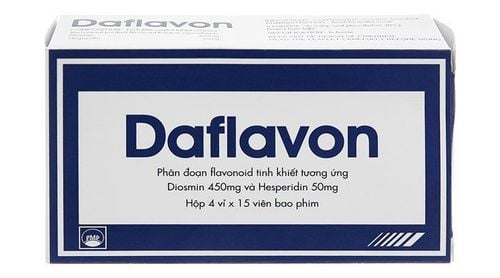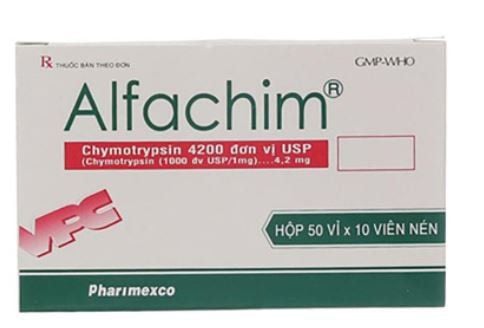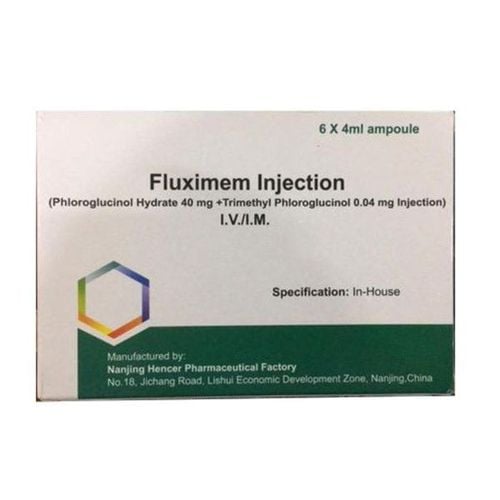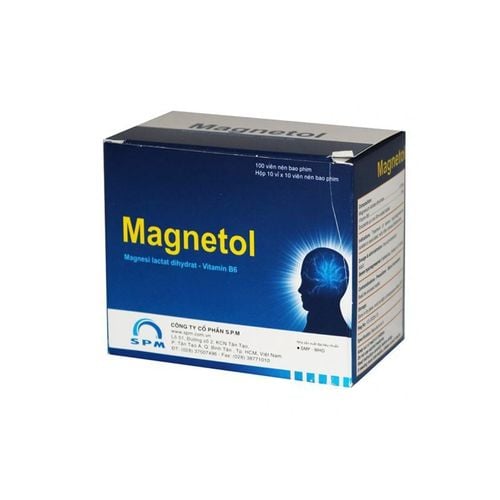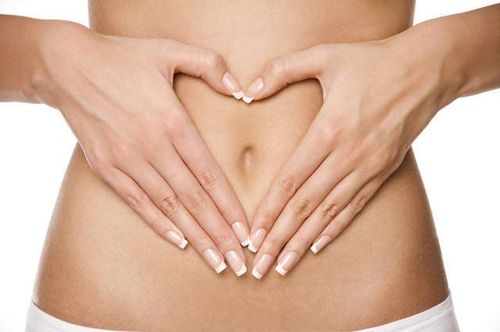This is an automatically translated article.
The postpartum period includes the first six weeks after birth. You will certainly be sore and exhausted after giving birth, but you may not expect to experience any postpartum abdominal pain. Postpartum cramping, also known as postpartum uterine pain, occurs when the uterus contracts to return to its pre-pregnancy size.
1. Why do postpartum women get cramps?
Cramps (English name is cramps) also known as uterine pain after childbirth (English name is afterbirth pains), or simply understood as the result of your uterus contracting to help it return to its original size before you gave birth. (This process is called "involution.")
Uterine pain after childbirth is usually mild for first-time mothers and doesn't last long. But these symptoms can be quite bothersome after the second birth and often get worse with each subsequent birth. That's because first-time moms tend to have better uterine muscles, which means the uterus can contract and retract more instead of the uterus stretching and contracting intermittently, so leading to postnatal cramps in mothers of many children.
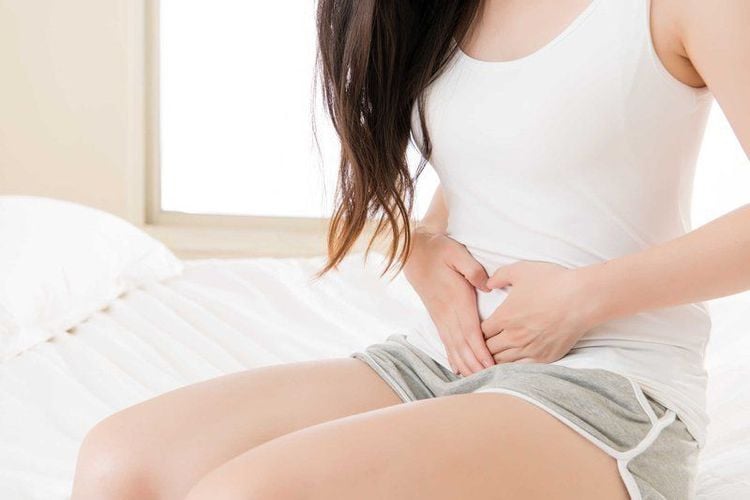
Co hồi tử cung thường tiến triển nặng hơn ở những bà mẹ sinh nhiều con
Cramps will be most intense in the first day or two after giving birth, but this should subside around the third day. Although it may take six weeks or so for your uterus to return to its normal size.
Breastfeeding can make cramping symptoms worse or make them more intense because breastfeeding triggers the release of the hormone oxytocin, which in turn causes contractions. However, breastfeeding is actually a good thing as the cramping caused by breastfeeding helps your uterus shrink to its normal size more quickly, reducing the risk of postpartum anemia caused by blood loss.
2. How can I relieve cramps?
Here are a few tips to help you minimize the discomfort of cramps:
Try to urinate often, even if you don't feel the urge. The bladder full of urine will be stretched and inserted into the uterus, preventing the uterus from contracting completely. Lie face down with a pillow propped on your lower abdomen. Lie face down with a heating pad placed on your lower abdomen.
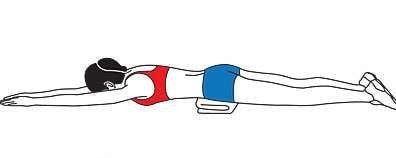
Nằm úp mặt với một chiếc gối kê ở bụng dưới giúp bạn giảm sự khó chịu khi bị chuột rút
Gently massage the lower abdomen. Take ibuprofen. If using this medicine does not relieve your pain, you need to contact your doctor, maybe he will prescribe some other medicine for you. Contact your doctor if the cramps do not subside after a few days or if the pain becomes unbearable. This could be a sign of an infection or other medical problem that needs to be treated. Vinmec International General Hospital is one of the hospitals that not only ensures professional quality with a team of leading doctors, modern equipment and technology, but also stands out for its examination and consulting services. and comprehensive, professional medical treatment; civilized, polite, safe and sterile medical examination and treatment space.
If you have a need for consultation and examination at Vinmec Hospitals under the national health system, please book an appointment on the website for service.
Please dial HOTLINE for more information or register for an appointment HERE. Download MyVinmec app to make appointments faster and to manage your bookings easily.
Reference source: babycenter.comSEE ALSO :
Frequent cramps, is it worrying? Causes of cramps during pregnancy How to treat and prevent cramps during pregnancy




